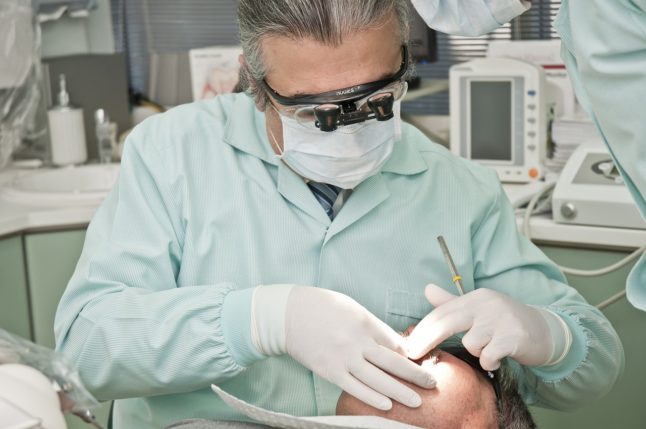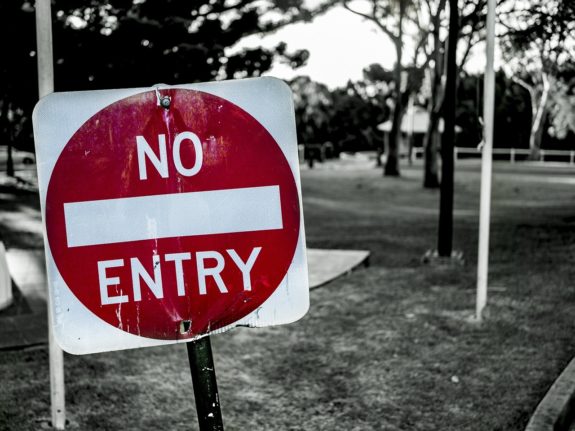Dental care will not be covered by health insurance
Dental treatments are expensive in Switzerland, but a parliamentary motion to include this care under the obligatory health insurance (KVG / LaMal) was rejected by 123 votes to 62 in the National Council.
The reason the majority of MPs turned down this proposal is that it would cause the already high health insurance premiums to increase even further.
Therefore, dentist bills should continue to be covered by the complementary insurance only, they said.
MPs also suggested that those who can’t afford to purchase this type of supplemental insurance or to pay for dental care out of their own pockets, could be eligible to receive higher family allowances to cover this cost.
The issue will be debated at the Council of States next.
Revealed: Swiss community where couples have most money to spend
The Institute for Swiss Economic Policy (IWP) set out to analyse where in the country married couples without children have the highest purchasing power.
They focused on couples with a joint income of 160,000 francs a year, who have 106,000 francs to spend after paying their fixed expenses.
It turns out their money goes furthest in the Valais municipality of Oberems.
The worst financial situation, on the other hand, awaits couples in Tannay (Vaud), where the same amount of money doesn’t go far due to the high cost of living in that community.
Swiss retailers practice ‘shrinkflation’, consumer group says
Shrinkflation happens when consumers receive less of a product for the same price.
An analysis conducted by a Foundation for Consumer Protection (SKS) jointly with public broadcaster SRF, showed how large distributors like Migros and Coop are involved in this practice.
Products including margarine, pre-packaged frozen fish, boxed cereal, Coca-Cola bottles, and other common consumer goods are ‘victims’ of this practice, having ‘shrunk’ either by weight or, as in the case of tampons, the number included in the box.
“In the criminal sense it is not fraud, but it is certainly deceit,” according to SKS’s Sara Stalder.
Geneva celebrates its water
Yes, you heard it right…water.
Tap water, to be more exact, known locally under its brand name of “Eau de Genève,” which marks its 15th anniversary this year.
What is this about? Basically, it is the effort on the part of the Geneva Industrial Services (SIG) to encourage residents to drink local tap water.
The effort has paid off: while in 2009, when this project was launched, only 55 percent of the local population consumed tap water; today this proportion is 92 percent, which helped ‘save’ more than 150 million PET bottles.
READ ALSO: Why the drinking water in Switzerland is the best in the world
If you have any questions about life in Switzerland, ideas for articles or news tips for The Local, please get in touch with us at [email protected]



 Please whitelist us to continue reading.
Please whitelist us to continue reading.
Member comments